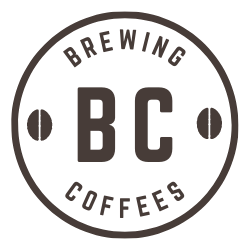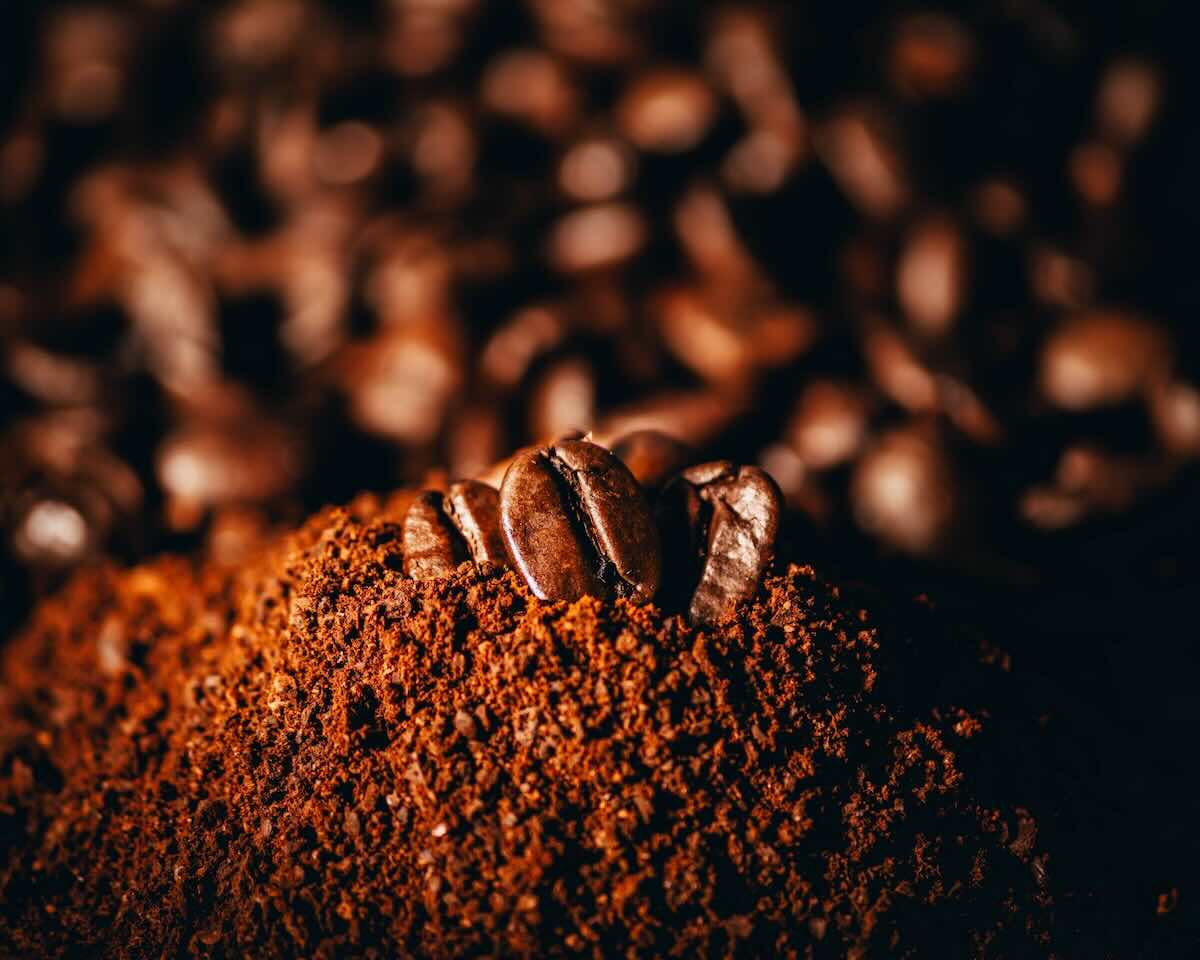We know that coffee beans are regularly roasted or brewed to make drinks. You may also have heard of people brewing and drinking raw coffee beans. However, you may wonder if it is possible to eat raw coffee beans directly.
You can eat raw coffee beans, although it is very uncommon. Raw coffee beans contain more antioxidants and fiber compared to roasted beans. However, raw coffee beans do not taste good and can be hard to chew. They may also cause digestion issues, such as diarrhea or heartburn.
In this post, let’s explore if you can eat raw coffee beans. We will also look at the upsides and downsides of eating raw coffee beans directly.
Can You Eat Raw Coffee Beans?
Although very uncommon, you can eat raw coffee beans. This is because they are not poisonous, nor will they make you very ill. Billions of people consume them daily, such as Americano, Latte, Cappuccino, and more.
Some coffee connoisseurs are known to try to eat raw coffee beans to better understand and appreciate the coffee they are drinking. Aside from that, there are no other well-known instances of people eating raw coffee beans.
The closest to mass consumption of raw coffee beans may be to see ground raw coffee beans added into drinks or food for consumption. You may also see raw coffee bean extract as a supplement.
This practice is quite popular with weight-loss supplements, as the caffeine in raw coffee beans can help burn fat.
However, this is not the same as consuming raw coffee beans directly. We are talking about taking raw coffee beans and then trying to eat them directly here.
What Are The Pros Of Eating Raw Coffee Beans?
Suppose you are to eat raw coffee beans. In that case, you stand to benefit from getting more antioxidants and fiber into your daily diet.
Antioxidants
Antioxidants are compounds that protect our cells from breaking down, especially from exposure to free radicals. Some consume antioxidants actively to benefit from their anti-aging properties.
Coffee contains a high amount of Chlorogenic acid, a type of antioxidant. Roasting, however, removes much of it. By consuming your coffee beans raw, you get the full amount instead.
Fiber
Raw coffee beans are also rich in fiber. Fiber is important to help regulate your bowel movements and reduce constipation. Fiber also makes you feel fuller, which prevents you from overconsuming calories.
By consuming raw coffee beans regularly, you introduce a steady supply of fiber into your daily diet, ensuring a healthy digestive system.
What Are The Cons Of Eating Raw Coffee Beans?
Despite the upside, there are also many downsides to eating raw coffee beans. In fact, there may be more downsides to eating raw coffee beans than the positives.
Unpleasant Taste
Raw coffee beans can taste unpleasant since it is a raw seed. Those who have tried to eat raw coffee beans described the taste as very grassy and earthy, with a strong bitterness.
This is highly different from roaster coffee beans, which are aromatic and much more palatable to consume. Roasted coffee beans also contain a more complex flavor and taste. This is because the roasting process enhanced the flavor profile of coffee beans.
Hard Texture
Roasted coffee beans are quite brittle and can be crushed or broken apart with just fingers. This is, however, not the same with raw coffee beans. They are rather hard and difficult to break.
If you attempt to eat raw coffee beans, you will have a hard time trying to chew and break apart the beans. This means you risk damaging your teeth from eating raw coffee beans.
Intense Caffeine Rush
We all know that coffee contains caffeine. However, when you drink brewed coffee, such as from coffee machines, chances are you are introducing caffeine into your system at a slower pace.
This is not the same as eating it. Eating coffee beans raw, in most cases, means introducing a lot of caffeine into your system very quickly, which may cause you to overdose on caffeine and have caffeine jitters.
Potential Digestive System Issues
Raw coffee beans are basically seeds. Seeds are usually very hardy and can survive animals’ digestive systems and grow into a plant later. This means raw coffee beans are hard and will tax your digestive system to break down.
This means you risk suffering from digestive issues if you consume a lot of raw coffee beans. These could include but are not limited to stomach upsets, heartburn, constipation, or more.
Wrapping Up
In this post, we explored whether you can eat coffee beans. We also looked at the upsides and downsides of consuming raw coffee beans.
It seems there are more downsides to the practice than upsides. Although raw coffee beans can give you antioxidants and fiber, you can easily get these from other food sources and not risk stomach upsets or caffeine overdose.
It may be better to consume coffee as a beverage. They taste better and are easier on your stomach too. If you think of eating raw coffee beans, you can perhaps shelve the thought away for now.
Common Questions About Eating Raw Coffee Beans
Raw coffee beans have been described as tasting very green, grassy, and earthy. Some also described raw coffee beans as bitter and herbal as well. They are also hard to chew and require much effort to break down.
It is safe to eat raw coffee beans. They are, after all, seeds, and billions of humans have been consuming coffee as drinks. Raw coffee beans, if well prepared and cleaned, do not contain any toxins or dangerous compounds that could make you ill or sick.
Eating raw coffee beans can provide antioxidants, as it contains a lot of Chlorogenic acid. Raw coffee beans also are high in fiber, which is good for your digestive system. However, raw coffee beans can cause digestive issues and caffeine overdose easily.

Hey there! I’m Austin and I love coffee. In fact, I drink about 5 americanos a day. I started BrewingCoffees because I wanted to share my love of coffee with the world. Before starting BrewingCoffees, I worked as a Barista for 7 years.


Leave a Reply